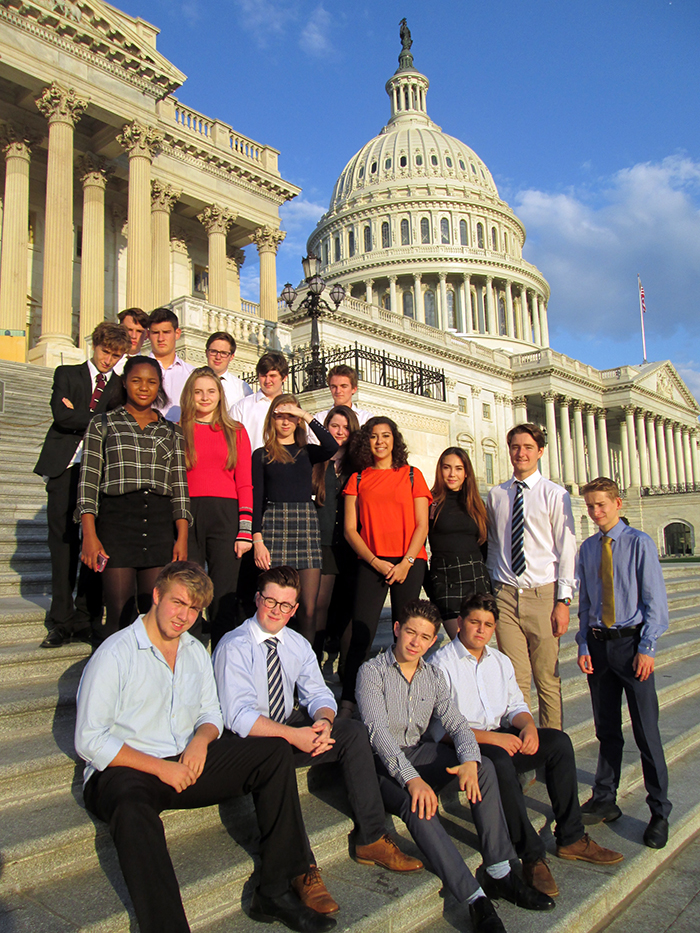Politics

For the Greek philosopher Aristotle, politics was the ‘master science’; that is, nothing less than the activity through which people try to improve their lives and create the ‘good society’.
Politics exists because people disagree. They disagree about how they should live (moral questions), about who should get what (resource questions), and about who should make decisions (power questions). As an activity politics is the process through which people with different ideas, values, opinions and interests attempt to find a way of living together within the same society.
Three reasons to study A level Politics:
1. Knowledge – you will understand the contemporary political world of today as well as the political ideologies that have underpinned, and continue to underpin,
how people are governed
2. Transferable skills – you will acquire skills of analysis and evaluation and the ability to debate confidently
3. University & employment – it is the most directly relevant preparation for some of the most interesting courses available at university such as international relations (IR), and for the opportunity to work in some of the most exciting areas of employment such as international organisations (eg United Nations, NATO, NGOs), political journalism and the law.
The A level course
How democratic is the UK? Are humans inherently sociable or individualistic? Why did the US invade Iraq? What led to the rise of ISIS? China, the USA, Russia – who holds the global balance of power today?
These are just some of the questions you will consider when studying the following:
1. UK Politics eg Political parties and elections
2. UK Government eg Prime ministers and the Supreme Court
3. Political ideas eg Conservatism, liberalism, socialism and feminism
4. Global politics eg Humanitarian interventions and international terrorism